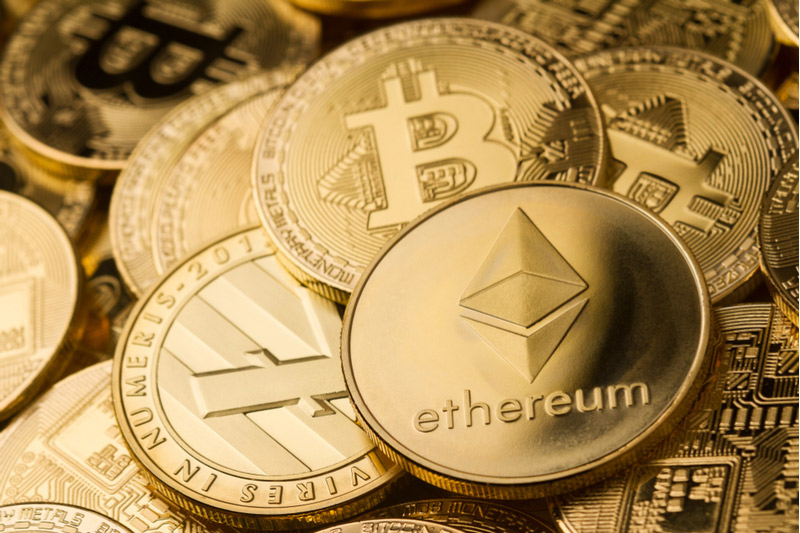- Quant trader Alex explains the details about crypto governance tokens in the open market.
- Alex, in this Twitter thread, explains the relationship between cryptocurrency projects and money makers.
- Crypto projects have shifted from incentivizing on-chain pools to incentivizing sophisticated MMs.
The quant trader with Twitter identity Alex posted a thread on what he thinks every investor should know before buying crypto governance tokens in the open market. Alex used the opportunity to explain the relationship between cryptocurrency projects and money makers (MM), focusing on the mechanics of token MM deals.
What every investor should know before buying crypto governance tokens in the open marketAon the mechanicsof token market making (MM) deals and potential for abuseBonus: personal rant on why we need to demand more disclosuresfrom projects for the space to grow 1/ pic.twitter.com/XsWLoKRMA5— Alex (@thiccythot_) April 5, 2023
According to Alex, nowadays, crypto projects adopt MM deals because they have shifted from incentivizing on-chain pools with their tokens to incentivizing sophisticated MMs to provide liquidity for centralized exchanges (CEXs). They do so because price discovery is more efficient on CEXs, and MM deals reduce costs for all parties involved.
Alex noted that projects incentivize MMs by giving a one-year loan of its tokens to the MMs, with zero-cost calls attached to the tokens. In return, the MMs would guarantee a market of a specified size within an agreed spread for the duration of the loan. The loans collected by MMs ensure adequate inventory since the MM needs efficient borrowing in case of buyer demand.
Notably, most projects do not have a lot of cash but are rich in tokens. That makes it easier for them to pay MMs using tokens. At the same time, the projects would not want MMs to dump such tokens early in the market, so they offer call options to align incentives. MMs use the call options received from projects to pay for services.
The call options provide the MMs the right, but not an obligation to buy an asset at a specific price (strike) after a particular time (expiry). In the arrangement, both parties ensure that the call options given to MMs have an expiry that coincides with the loan’s duration.
Considering that the projects’ tokens are yet to begin trading at the time of the deals, they set the strike price of the call options with a 50 to 100 percent premium over the index price. That means the strike price is usually unknown at the time of the deal.
The post Quant Trader Explains the Link Between Crypto Projects and MMs appeared first on Coin Edition.
